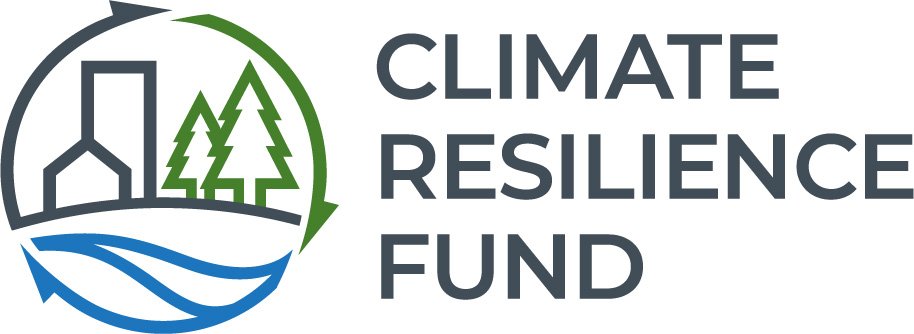University of Virginia Institute for Environmental Negotiation
The Resilience Adaptation Feasibility Tool (RAFT): Building Regional Capacity for Coastal Resilience ($110,000)
Recipient: University of Virginia Institute for Environmental Negotiation
Virginia’s coastal communities are also among the most vulnerable in the US to the impacts of sea-level rise. In fact, Hampton Roads is facing the highest rates of sea level rise along the entire east coast. These rival New Orleans and the Mississippi Delta as the country’s most at risk for the effects of coastal flooding. Unfortunately, as is the case elsewhere, it is the most disadvantaged Virginians who are most impacted and least equipped to plan for and respond to coastal hazards. The University of Virginia (UVA) and a consortium of partners including the Virginia Coastal Policy Center at William & Mary Law School and the Old Dominion University Climate Adaptation and Resilience Program have designed the RAFT: Resilience Adaptation Feasibility Tool and the RAFT Scorecard assessment, a project aimed at building the capacity of people and towns in Virginia’s coastal regions to understand and adapt to the impact of sea level rise. The RAFT Scorecard provides a comprehensive assessment of a locality’s current resilience to flooding and other coastal hazards, issues of social equity, and potential impacts to economic and social viability.
With support from the Climate Resilience Fund, UVA and its partners will conduct a RAFT Scorecard assessment of seven localities on Virginia’s Eastern Shore that are already vulnerable to flooding. Scorecard results will be shared with community leaders through participatory discussions around their own towns’ challenges for effective climate change adaptation. UVA will assist communities in creating and implementing Resilience Action Checklists that prioritize their greatest opportunities for increasing local resilience. Prioritized actions may range from increasing local environmental regulations, to applying nature-based solutions such as green infrastructure installations, and improved land and water management practices. The collaboration will also facilitate a regional planning meeting to bring participants from across Virginia’s Eastern Shore into a regional dialogue around shared challenges, resources, and opportunities for region-wide collaboration on climate adaptation and resilience.
